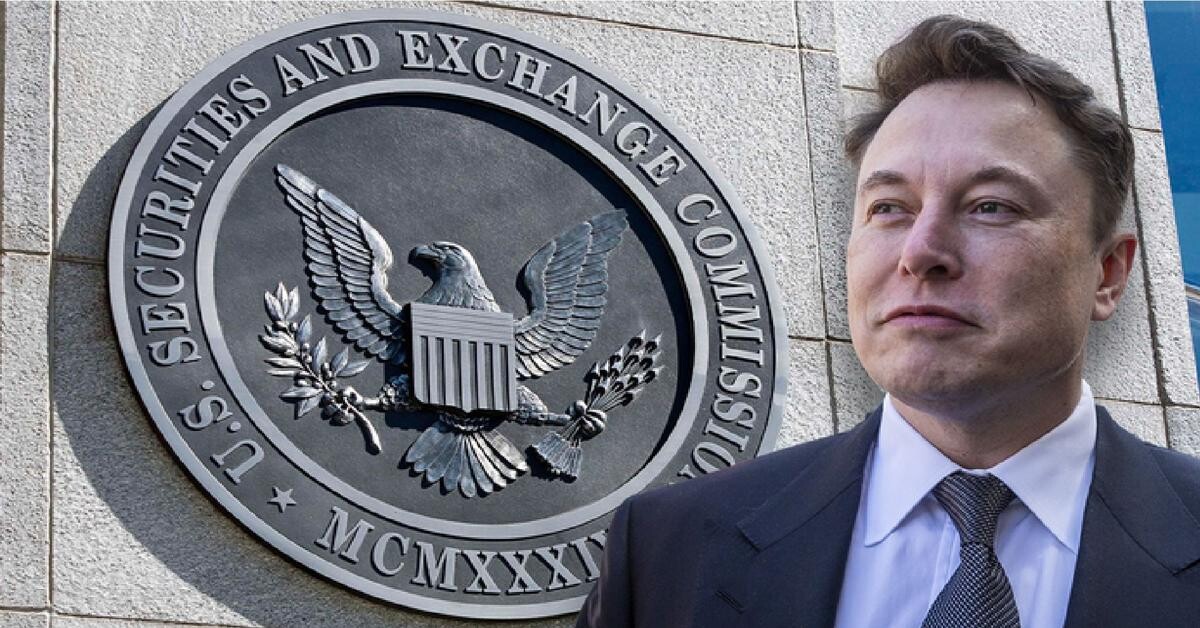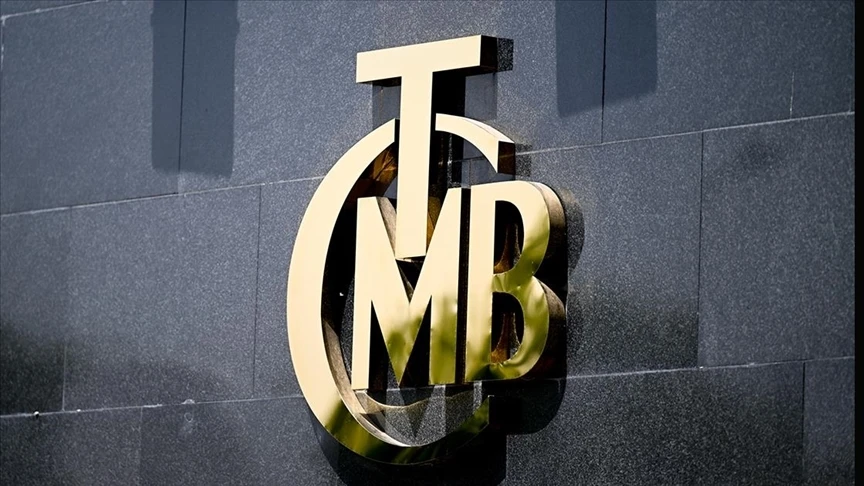Court mandates Elon Musk to testify for SEC, dismisses harassment claim

A federal court has ordered Elon Musk to comply with a subpoena from the SEC, rejecting his claims of harassment and overreach
A federal court has instructed Elon Musk to adhere to a subpoena issued by the Securities and Exchange Commission, dismissing Musk’s assertions that the SEC is “harassing” him and overstepping its authority to conduct an investigation.
In a directive released on Saturday, U.S. Magistrate Judge Laurel Beeler stated that “the SEC possesses extensive authority to issue subpoenas.” Beeler explained that the information the SEC is seeking from Musk is pertinent to the agency’s inquiry into “potential violations of federal securities laws related to Musk’s 2022 acquisitions of Twitter stock and his 2022 statements and SEC filings concerning Twitter.”
Although Musk provided testimony twice in July 2022, the SEC indicated that it has obtained thousands of new documents since then and wishes for him to testify a third time. Beeler’s directive granted the SEC’s request to enforce the subpoena and instructed the SEC and Musk to “meet within one week and agree upon a date and location for the testimony. If they are unable to reach a consensus, they may submit a joint letter outlining their respective positions, and the court will resolve the dispute.”
During a mid-December hearing, Beeler, a magistrate judge at the U.S. District Court for the Northern District of California, had indicated that she would rule against Musk. She stated that she would issue an order compelling Musk to testify if the parties did not promptly agree on a date and time for a deposition.
The SEC initiated its investigation in April 2022 after Musk acquired a 9% stake in Twitter and failed to disclose it within the required 10-day period as mandated by U.S. law. The investigation expanded beyond the delayed disclosure and “encompasses all of Musk’s purchases of Twitter stock in 2022 and his 2022 statements and SEC filings,” as per the SEC’s previous communication to the court.
In October, the SEC sued Musk over his refusal to testify again. Musk contended in a court filing that the SEC investigation is driven by his political beliefs and “reeks of McCarthyism.”
Beeler emphasized that “this is an investigative subpoena. Minimal relevance is needed to enforce it.” She stated that the SEC “has fulfilled all administrative prerequisites” for the subpoena and can “compel the attendance of witnesses that it deems relevant or material to its investigation.”
Musk’s claim that the subpoena violates the U.S. Constitution’s Appointments Clause was also addressed by Beeler. Musk had hoped that the Supreme Court would restrict the SEC’s powers in the pending SEC v. George Jarkesy case. Beeler concluded that a stay was unnecessary, rejecting Musk’s assertion.
The SEC argued that its “staff attorneys who sign subpoenas are non-officer employees not subject to the Appointments Clause” as they lack the powers of a federal judge. Beeler rejected Musk’s request for a stay, stating that the pending Jarkesy case “is unlikely to affect the outcome here.”
Musk’s company, SpaceX, has made similar arguments regarding the authority of other agencies. In September 2023, SpaceX sued U.S. Attorney General Merrick Garland and two other Department of Justice officials in response to the government’s allegations that SpaceX discriminated against asylees and refugees in hiring. Last month, SpaceX sued the National Labor Relations Board in response to the agency’s allegation that SpaceX illegally terminated eight employees who drafted and distributed an open letter criticizing Musk, claiming that the U.S. labor agency’s structure is unconstitutional.
Source: Newsroom



